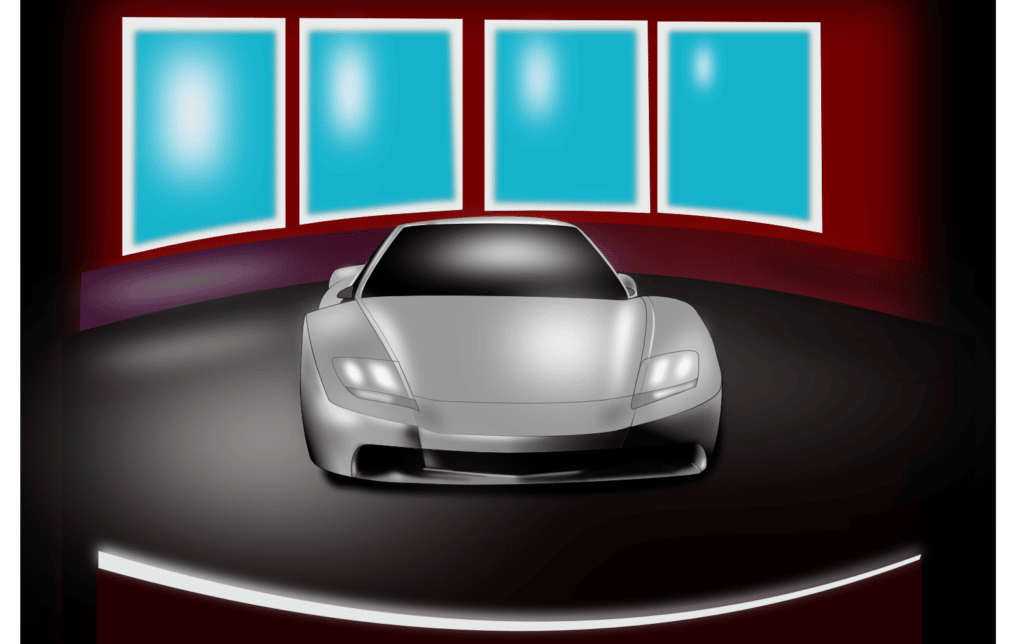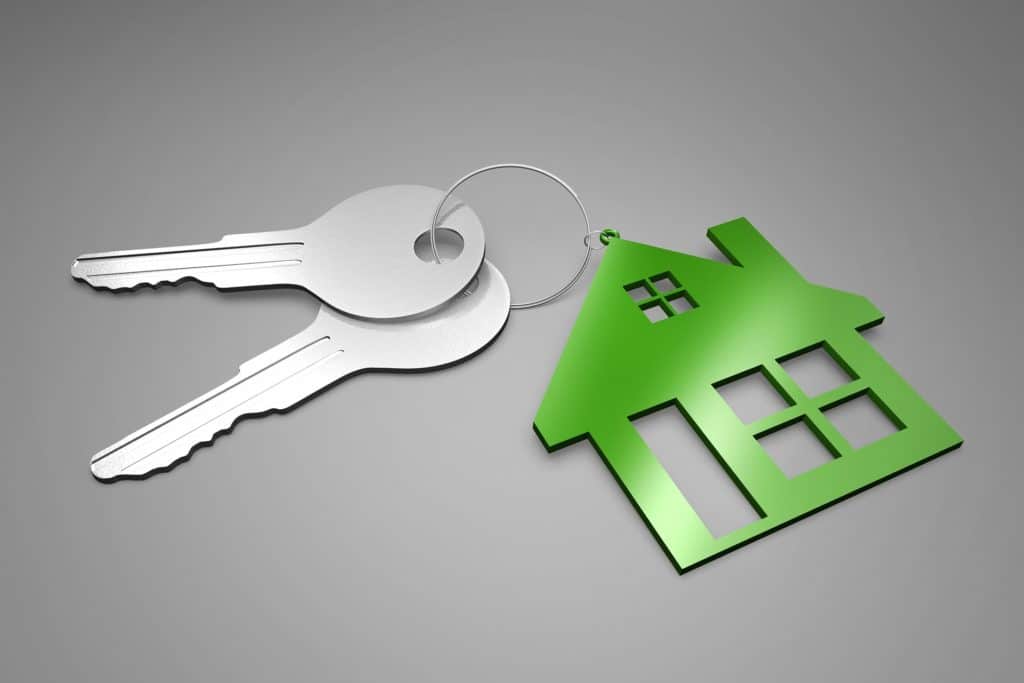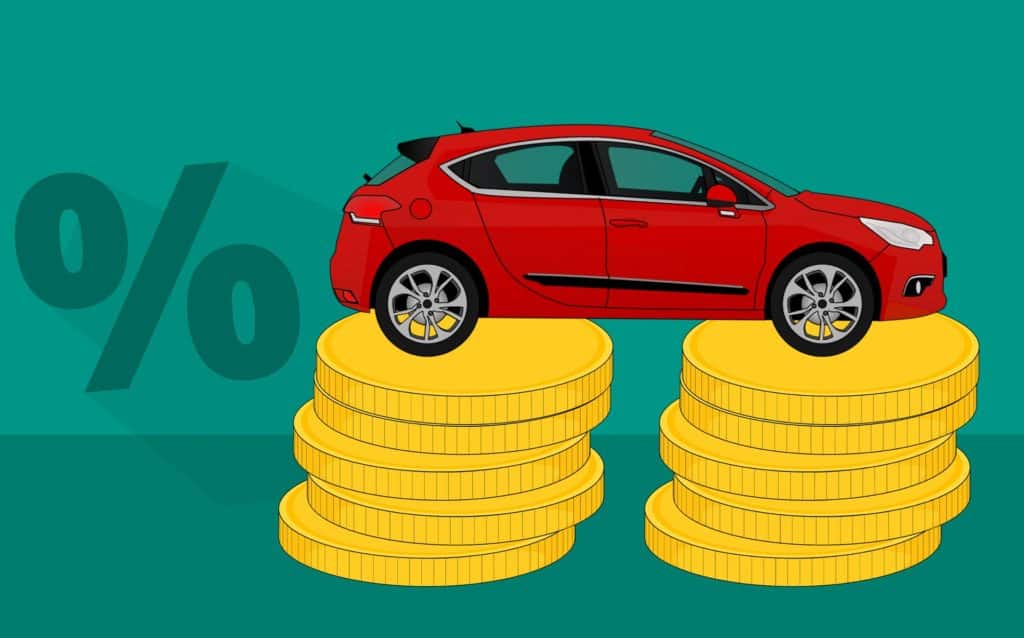When it comes to car insurance, the name on the policy is important.
The named insured is the person who owns the policy and is responsible for paying the premiums. If you’re financing a car, the lender will require that you have insurance in your name. But even if you own your vehicle outright, there are good reasons to make sure that you’re listed as the named insured on your auto insurance policy.
The primary reason to have your name on an auto insurance policy is simple: it’s required by law in most states. In fact, some states (like New Hampshire) don’t even allow people to register a vehicle unless they can prove that it’s properly insured. So if you want to stay legal, carrying auto insurance in your own name is a must.
But there are other good reasons to keep things above board and insure vehicles in your own name – even if someone else will be driving them most of the time. For one thing, it protects both you and anyone who drives your car from being held liable for damages caused by an uninsured driver (which can happen even if that driver has his or her own separate policy). It also means that any claims paid out by your insurer will go toward repairing or replacing YOUR vehicle – not someone else’s
There are a few things to consider when answering this question.
The first is whether or not you are required by law to have insurance in your name. The second is whether or not it is advisable to have insurance in your name.
The short answer to the first question is that, in most cases, you are not required by law to have insurance in your name. However, there are a few exceptions. For instance, in some states, if you finance your car, your lender may require you to have insurance in your name. Additionally, if you lease your car, your leasing company may also require you to have insurance in your name.
The second question is a bit more complicated. There are a few things to consider when determining whether or not it is advisable to have insurance in your name. One thing to keep in mind is that if you have insurance in your name, you will be the primary driver on the policy. This means that you will be responsible for any damages that occur, regardless of who is at fault.
Another thing to consider is that if you have insurance in your name and you are involved in an accident, your rates may increase. This is because you will be considered a higher risk driver. If you have insurance in your name and you are not involved in an accident, your rates will not increase.
Ultimately, the decision of whether or not to have insurance in your name is a personal one. You will need to weigh the pros and cons of having insurance in your name and decide what is best for you.




